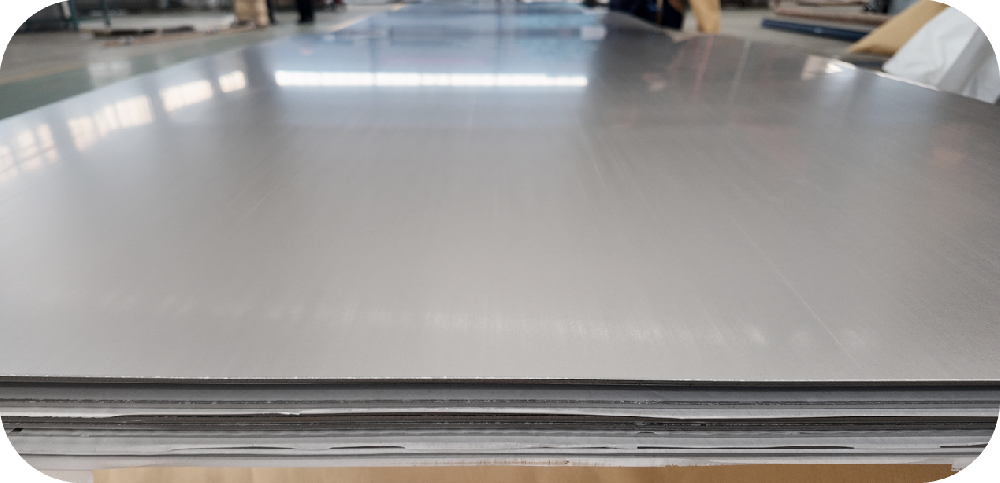The Three Pillars of Metal Mechanical Properties
In the field of metal processing, mechanical properties are the cornerstone of both manufacturing success and end-product quality. Among these, tensile strength, yield strength, and elongation serve as the three critical indicators that directly influence a material’s formability, processing efficiency, and performance in downstream applications. Definition: The maximum stress a material can withstand while being stretched or pulled before breaking. Impact on Processing: During operations such as drawing or rolling, if the applied stress exceeds the tensile strength, the material will fracture. Engineering Consideration: High tensile strength materials require greater forming force, which may increase equipment load and energy consumption. Definition: The stress at which a material begins to deform plastically. Impact on Processing: Materials with low yield strength deform easily, making them suitable for stamping and bending but requiring careful control to avoid over-deformation. High yield strength materials are more difficult to shape, demand higher force, and are prone to work hardening—often necessitating intermediate annealing treatments. Definition: A measure of ductility, representing the extent a material can stretch before breaking. Impact on Processing: High elongation materials exhibit excellent flexibility and are ideal for deep drawing and cold forming, with reduced risk of cracking. Low elongation materials tend to be brittle and susceptible to fracture during extensive deformation. In such cases, controlled heating may be required to improve plasticity. Process-Material Matching: Automotive body panels require high elongation to ensure formability in stamping. Spring steel demands both high yield and tensile strength to maintain resilience under stress. Parameter Optimization: Adjusting processing speed, temperature, and die design based on material properties helps prevent defects such as cracking or equipment overload. At Ruisen Special Steel, we view tensile strength, yield strength, and elongation as an integrated framework—a “trinity” that defines the processability and performance of advanced metals. Our engineering teams work closely with customers to tailor material selection and optimize processing techniques, unlocking the full potential of specialty alloys to support the demands of high-end manufacturing.
Tensile Strength: The Material’s “Ultimate Defense Line”
Yield Strength: The “Switch” of Plastic Deformation
Elongation: The “Flexibility Gauge”
Holistic Considerations

